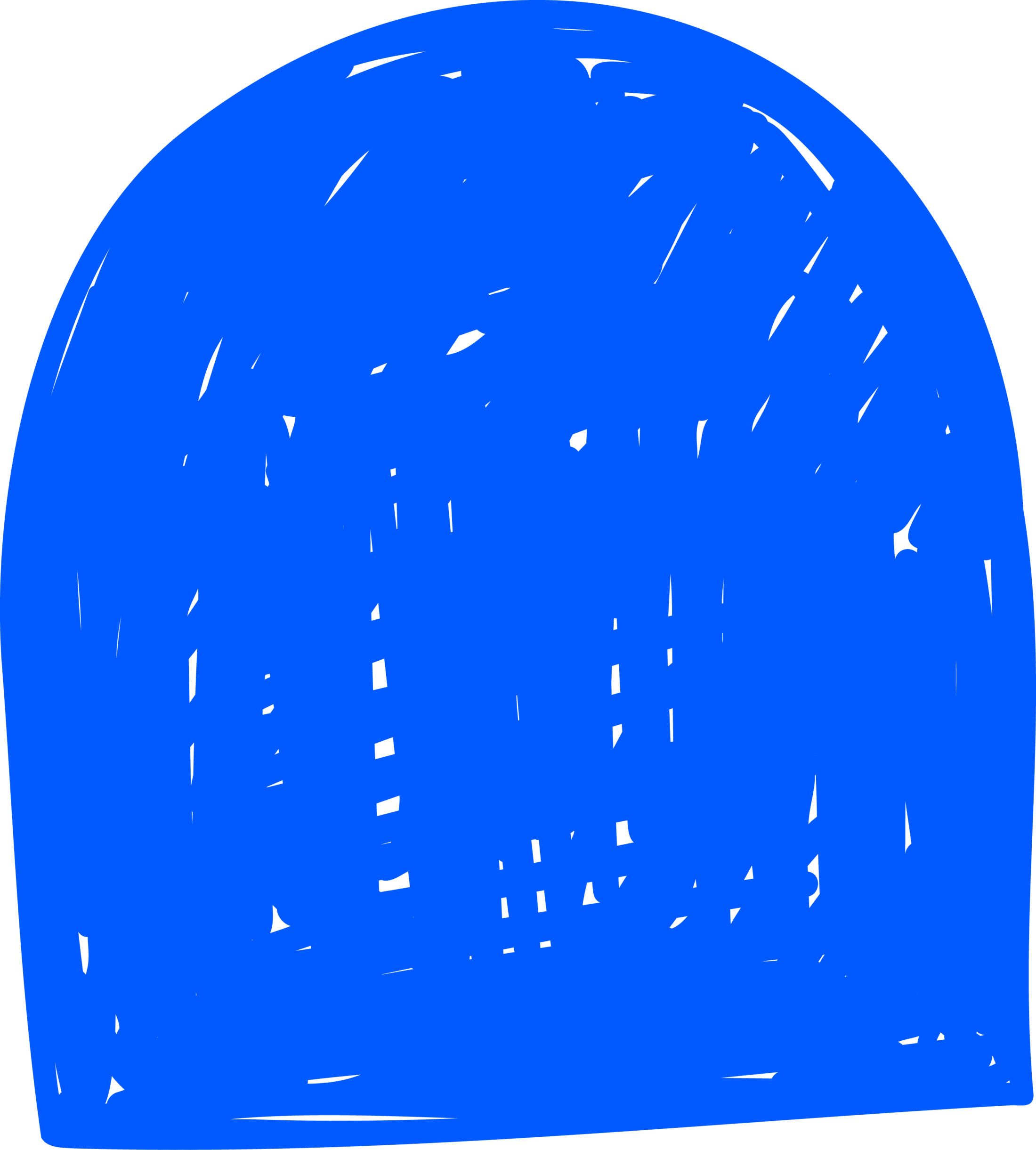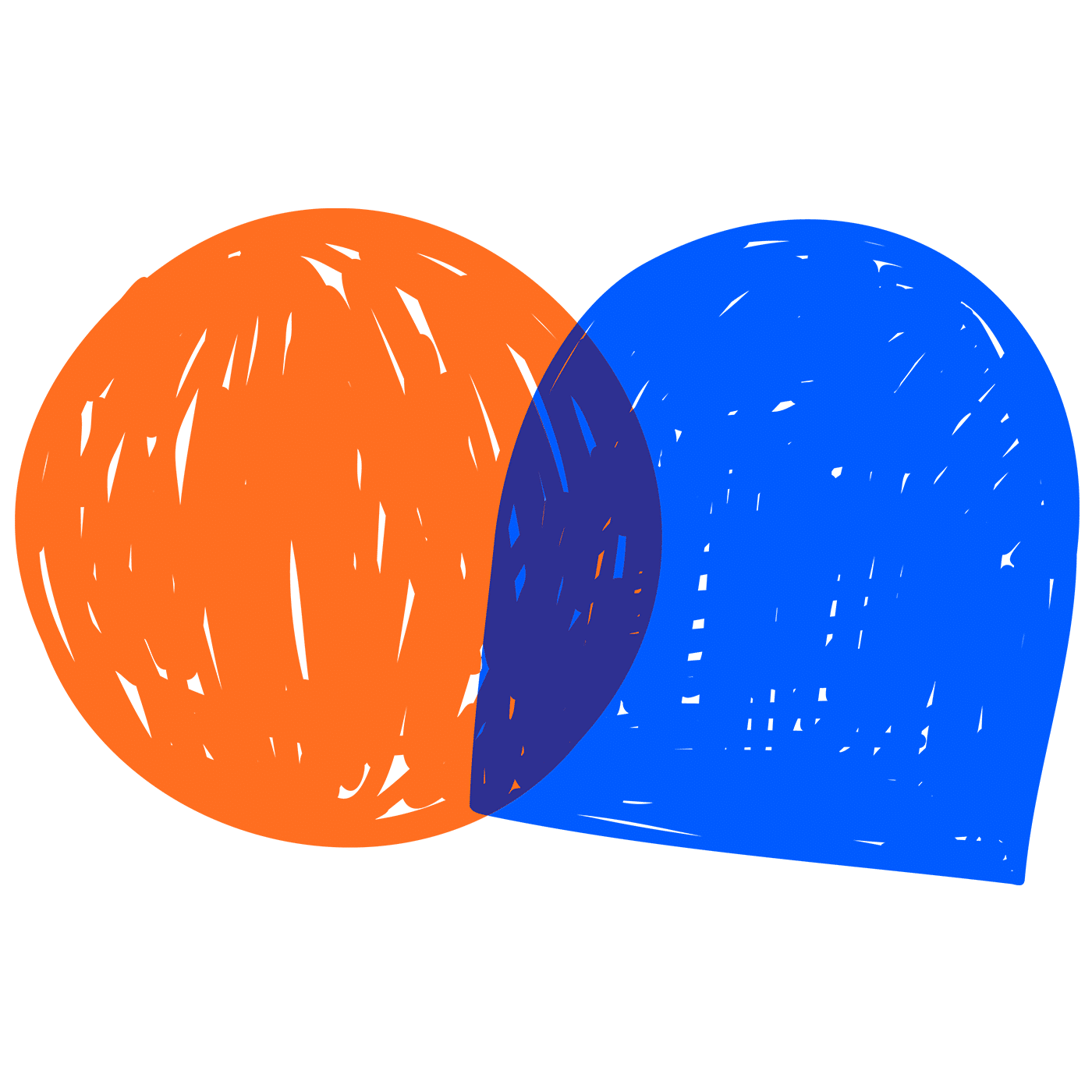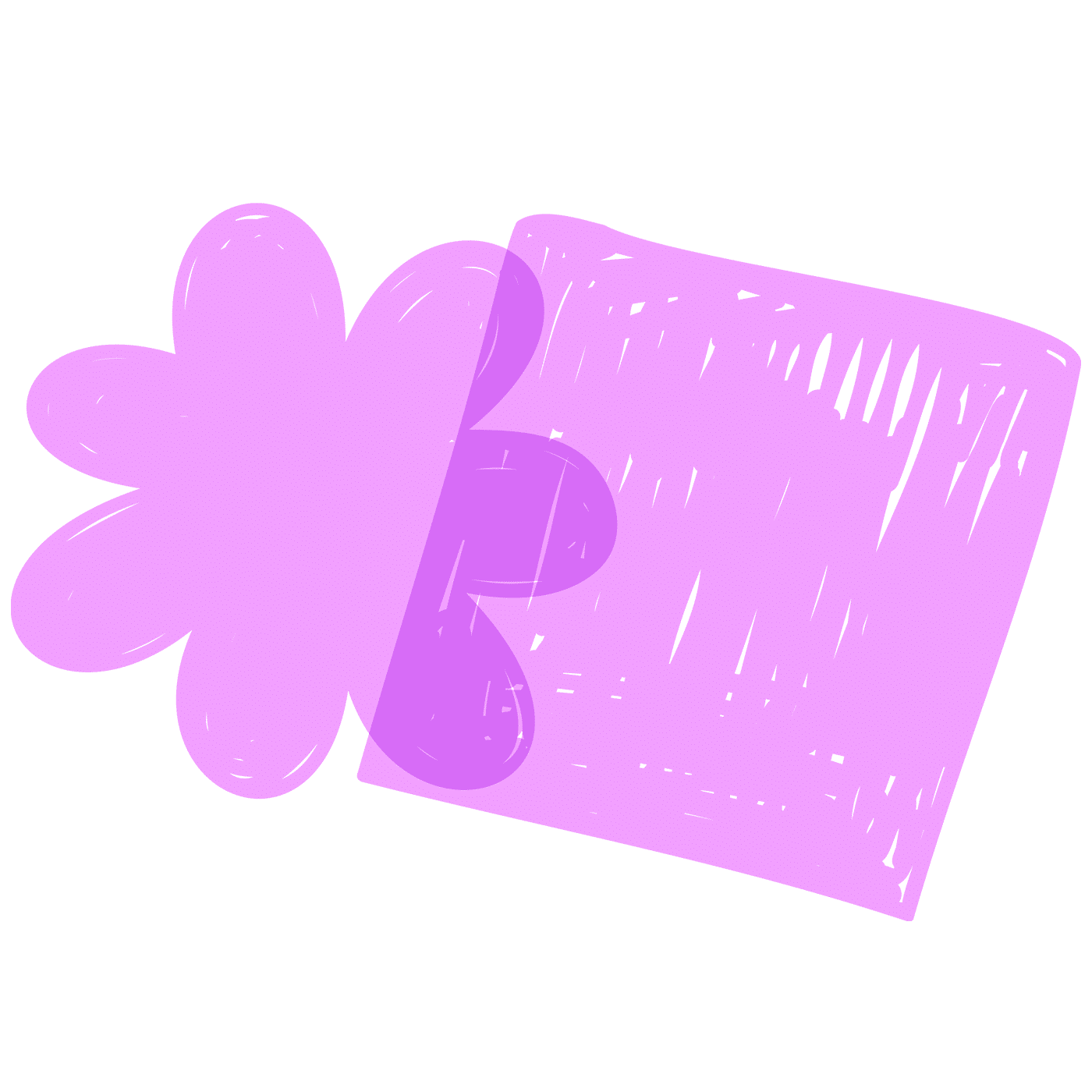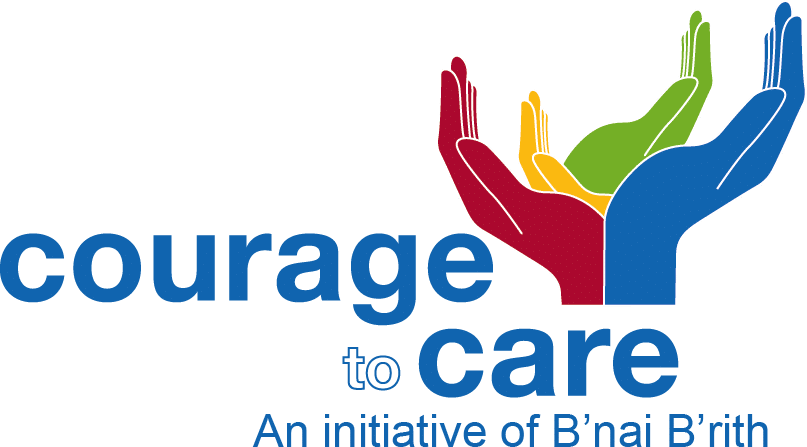A PROGRAM TO COUNTER DISCRIMINATION AND PREJUDICE, FOSTER DIVERSITY AND INCLUSIVENESS, AND BUILD SUPPORTIVE COMMUNITIES
Common Ground provides the skills, capabilities and opportunity for Years 9-10 students to better understand, respond to and proactively address discrimination and prejudice in their worlds.

WHO IT’S FOR
This program is for high school students in years 9–10. There is no cost to schools based in the Northern Beaches and Illawarra regions due to funding from Multicultural NSW’s Compact Grant.

WHAT STUDENTS LEARN
This program develops student’s awareness of discrimination, its forms and impacts, and how to respond to situations involving discriminatory behaviours and attitudes.

WHY US
The Ethics Centre and Courage to Care bring decades of experience in public education programs, uplifting young people with the knowledge and skills to live their values, support community and challenge discrimination.
COUNTERING DISCRIMINATION
The impact of discrimination on young people’s wellbeing and developmental outcomes is well-documented.
While adolescents can spot discrimination, they often don’t know how to ‘call out’ and discuss it. Added to this, discriminatory content circulates widely online and infiltrates the media consumed by young people.
Related programs currently running concentrate on digital safety, addressing discrimination through didactic bystander intervention strategies, and promoting mental health awareness. As vital as these programs are, they do not enable students to develop higher order cognitive skills, relevant emotional and social capabilities, or engage in active participation.
Common Ground empowers students to create positive social change and build a more inclusive society. Through their learning and meaningful participatory projects, students become catalysts for lasting social change.
Through experiential learning, student-led inquiry and project-based assessment, the program develops mutually reinforcing thinking skills and character strengths, providing tools and opportunities that empower young people to identify, discuss and challenge discriminatory norms, attitudes, ideas, and messaging in media and in their communities.

- Students learn through a variety of activities what bias is, how it affects actions and how to check their bias.
- Students are introduced to a range of intellectual character traits through which they can analyse their experiences and the experiences of others. We focus on the three C’s – Curiosity, Carefulness and Courage – as we begin to question our perspective and the perspective of others.
- Students discuss their experience of discrimination (either direct or witnessed) and spend time between programs understanding their community’s awareness of these experiences.
- Students follow a recent case study (the social media ban for young people in Australia) to explore the impact of digital/social media on raising awareness.

- Students continue their interrogation of media and bias through an interactive, online, choose-your-own-adventure game.
- Finally, they spend the afternoon working in small interest-based groups on a specific discrimination issue of the group’s choosing. They begin by working through some unique design scaffolding, before researching their issue and starting the drafting or filming process. These videos will be submitted before Day 3 and with winners being presented on the day.

- All involved student cohorts within the LGA are brought together to explore practical ways they can safely be Upstanders when faced with or witnessing discrimination in their lives.
- Students will also have the opportunity to hear from and talk to young, local Australian activists and other community members making changes within their community and beyond.
- The day culminates in a presentation ceremony, where peer-chosen winners are awarded and videos are presented in front of teachers, parents and local community leaders.
WHAT STUDENTS SAY
🙶Great program – had lots of fun. Everyone is so nice and supportive! It was good going off task and having discussions about hot topics.🙷
🙶I have learnt new ways to deal with discrimination and learnt other types of discrimination that I knew but not too well. It gave me a better understanding of the types of discrimination, as well as strategies to help me and others overcome obstacles. I have gained friendships and new perspectives. I now know ways to express my ideas and have tools to get my point across.🙷
🙶I have been provided a platform to collaborate with other like-minded individuals to create and spread positive mindsets and anti-discrimination messages. This programme has given me a great opportunity.🙷

To find out more about hosting the Common Ground Program at your school, contact Kristen at kristen.gartrell@ethics.org.au